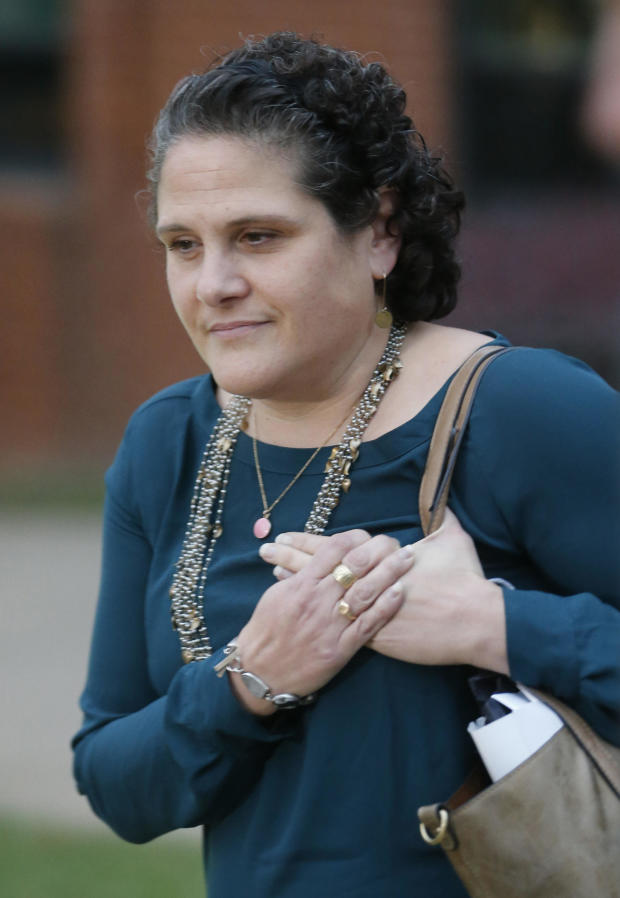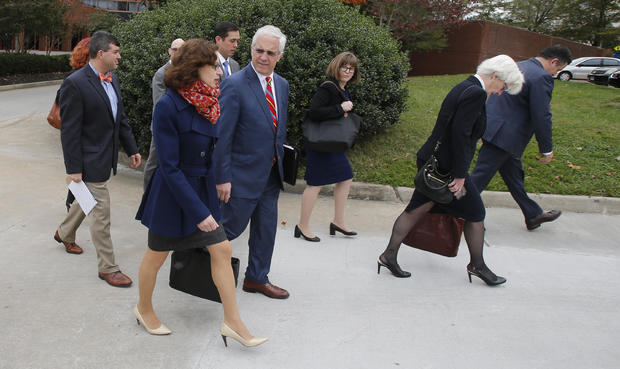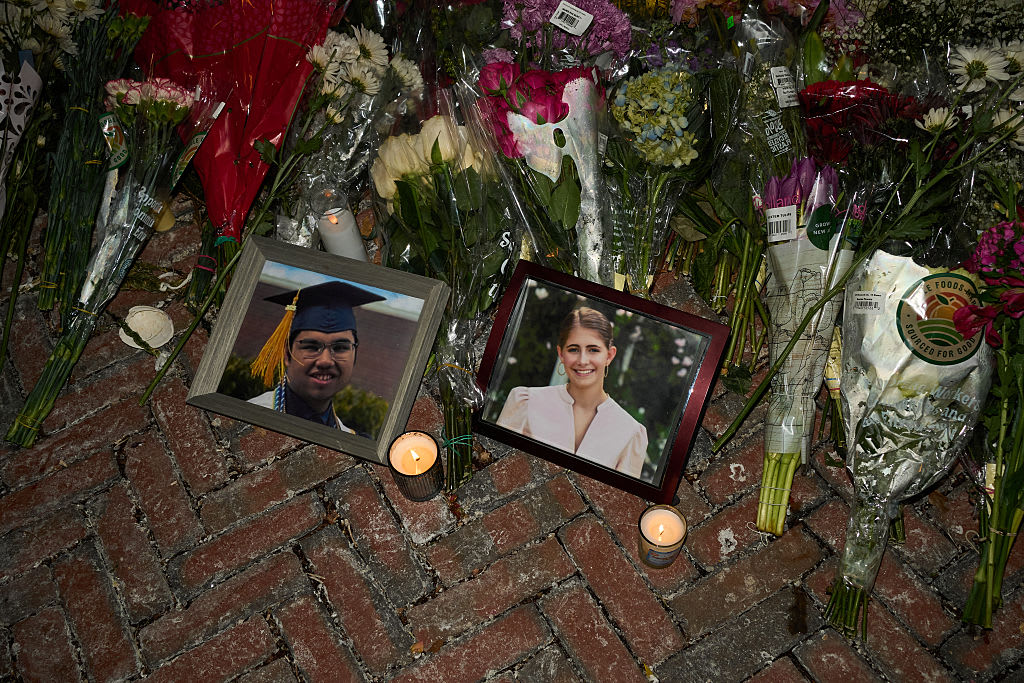UVA dean "wanted to disappear" after Rolling Stone story
CHARLOTTESVILLE, Va. - In the days after the release of a now-retracted Rolling Stone magazine story about a brutal gang rape, the University of Virginia administrator portrayed in the article was convinced she would be fired, feared for her safety and felt like her world was crashing down around her, she told jurors Monday.
“I just wanted to disappear,” said Nicole Eramo, who sued the magazine for $7.5 million over the portrayal of her in its 2014 story “A Rape on Campus.” ‘’I didn’t know how it was going to be OK.”
Eramo sought to convince jurors that her life and reputation were badly damaged by the article, which she claims painted her as a villain who sought to discourage the woman identified only as Jackie from reporting her alleged assault to police. A police investigation found no evidence to back up Jackie’s rape claims.
The 10-member jury concluded Friday that writer Sabrina Rubin Erdely was responsible for libel, with actual malice, and that Rolling Stone and its publisher were also responsible for defaming Eramo.
Jurors were expected Monday to decide how much money to award Eramo.
Eramo described having suicidal thoughts while curled up in a ball under her desk at 4 a.m. days after the story was published. She said she had trouble sleeping, was crying all the time and struggled with how to explain what was happening to her then 7-year-old son.
“There were very dark moments,” said Eramo, who cried throughout much of her testimony. She added that people would avoid her on campus, making her feel like “a dead man walking.”
Eramo claims the article prompted the university to move her out of her job as an associate dean into a different administrative role that she doesn’t like as much because she rarely works with students.
She explained Monday that she was also preparing to undergo a double mastectomy for breast cancer when the article was published. Her lawyers also sought to show that the stress she experienced at the time likely contributed to her getting an infection after her surgery.
David Paxton, an attorney for Rolling Stone, told jurors that the magazine was “heartbroken” by Friday’s decision, but respected the verdict. Paxton said that jurors who may be angry at the magazine do not need to award a large sum of money to Eramo in order to send a message because they have already done that with their verdict.
“We are certainly not claiming there was no harm,” Paxton said. But he said the magazine believes Eramo did not suffer “extreme harm” as a result of the publication.
Paxton noted that Eramo not only kept a job at the university after the article was published, but she received a pay raise. When questioning Eramo’s doctor, the magazine’s attorneys sought to show that it was just as likely that Eramo’s infection was caused by radiation she had undergone years earlier.
Because the judge determined that Eramo was a public figure, she had to prove Rolling Stone made statements with “actual malice,” meaning it knew that what it was writing about her was false or entertained serious doubts about whether it might be true.
Jurors found that the magazine and its publisher, Wenner Media, acted with actual malice because they republished the article with an editor’s note on Dec. 5 after they knew about the problems with Jackie’s story. The jury also found that Erdely acted with actual malice on six claims: two statements in the article and four statements to media outlets after the story was published.







